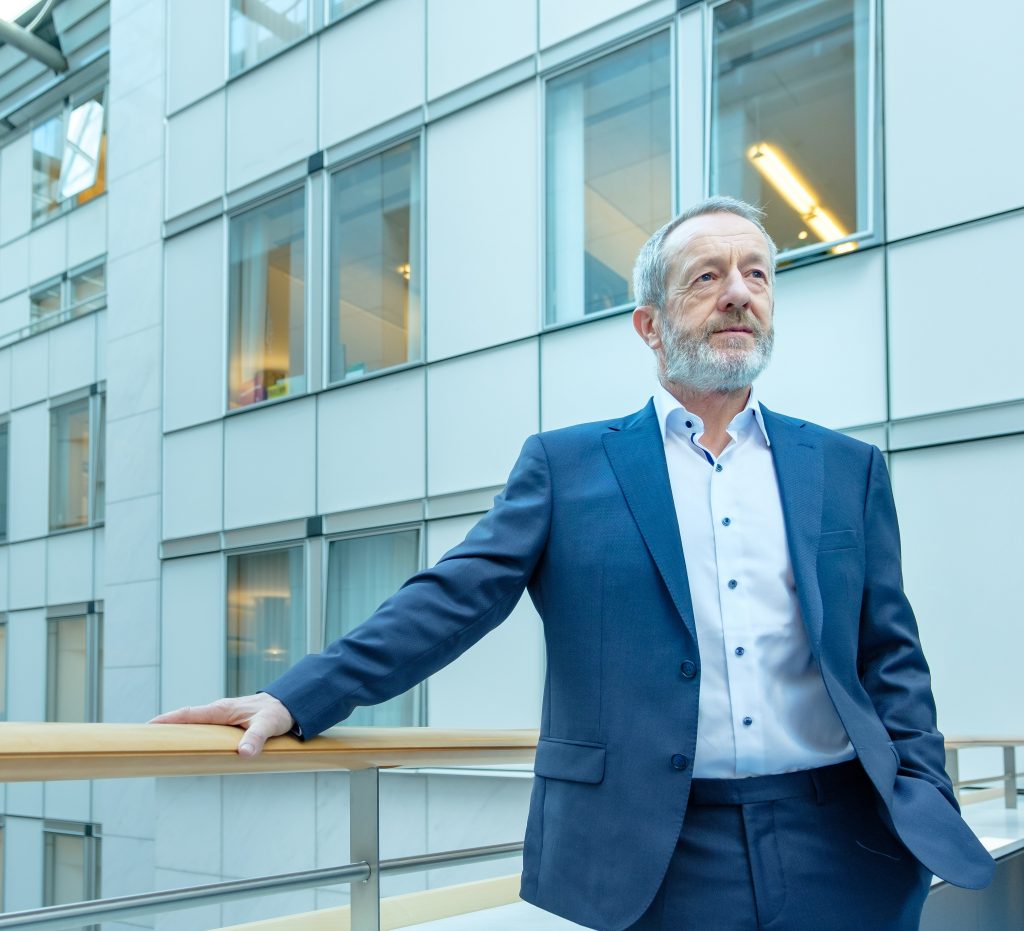Published: Wed, 03 March 2021
Share this

During this long winter at home, the cost of heating their homes has become a heavier burden on many households. Even before the pandemic hit, over 30 million Europeans struggled to pay their energy bills.
In the broader scheme of things, to achieve a climate-neutral Europe by 2050, the European Commission is working on the “Fit for 55 package” to reduce emissions by at least 55% by 2030.
This will cover wide-ranging policy areas, from renewables to energy efficiency first, energy performance of buildings, as well as land use, energy taxation, effort sharing and emissions trading.
In terms of energy efficiency, 85% of Europe’s building stock is over 20 years old and consumes twice as much energy as new builds. Of course, replacing these buildings is not an option and nor should it to be, for numerous economic and cultural reasons. Renovations are the way forward to make huge energy savings in our buildings, thereby reducing energy bills and improving living conditions.
In October 2020, the European Commission published a new Renovation Wave Strategy. The strategy will support people to make their homes more energy efficient, be that by improving insulation, installing charging points for electric vehicles, creating green roofs or switching to renewable energy as a heat source, for example by installing heat pumps. Of course, residential homes are not the only ones that need to be retrofitted; there are also many public sector or commercial buildings, such as schools, hospitals, offices, factories and retail that will also receive support to take these positive steps.
Aside from saving on energy bills, the renovation wave is an essential part of the EU and Ireland’s plans for a green future. Buildings are currently responsible for around 40% of the EU’s energy consumption. Climate change has been a priority of mine throughout my time as an MEP, be that through my extensive work on the Renewable Energy Directive or representing the European Parliament at COP21 in Paris, and I strongly believe that a refurbished and improved building stock in the EU will help us meet our climate goals in the coming years.
Discussions in Ireland about harmful emissions often focus on agriculture, transport and the energy sector. However, buildings account for 36% of our greenhouse gas emissions. Furthermore, in Ireland, around half of our residential heat comes from old and polluting individual oil-fired boilers, which account for a significant proportion of our emissions. By rolling out support for the uptake of small-scale renewable heat appliances, we can take some of the burden away from agriculture where cuts are less straightforward, and ensure we meet targets in a fair, just and economical manner. Residential biomass heat in particular presents a great opportunity for rural Ireland.
The renovation wave will also create green jobs and help the post-Covid-19 economic recovery. Energy refurbishment of buildings is labour-intensive, and the industry is dominated by local businesses. Therefore, ambitious renovation schemes will inject much-needed stimulus into local economies.
The EU plans to renovate up to 35 million buildings by 2030. At national level, the Programme for Government committed to retrofitting 500,000 homes to at least BER B2 standard in the same period, of which about 36,500 will be local authority owned homes.
EU funding for the renovation wave will be available from a number of different programmes. The Recovery and Resilience Facility (“RFF”) is a temporary recovery instrument that will allow the Commission to raise funds to address the immediate economic and social damage caused by the pandemic. It will make €672.5 billion in loans and grants available to Member States to support reforms and investments. A minimum of 37% of spending under the RFF must be on climate initiatives, including building renovations. Horizon Europe, the world’s most powerful research and innovation programme, will support the development of new technologies in this area. The EU will help national, regional and local authorities to use all available financial resources to make the necessary investments.
Building renovation is crucial if we are to meet our goal of climate neutrality by 2050 for the EU and its member states. The renovation wave will pave the way for a decarbonised and clean energy system, and will secure a better quality of living for many people in Ireland and across the EU.
________________________________________________________________
Seán Kelly MEP has been an MEP for Ireland South since 2009 and is the leader of the Fine Gael delegation in the European Parliament. A member of the European Parliament’s Industry, Research and Energy Committee, Kelly has worked extensively on renewable energy and energy efficiency policy.